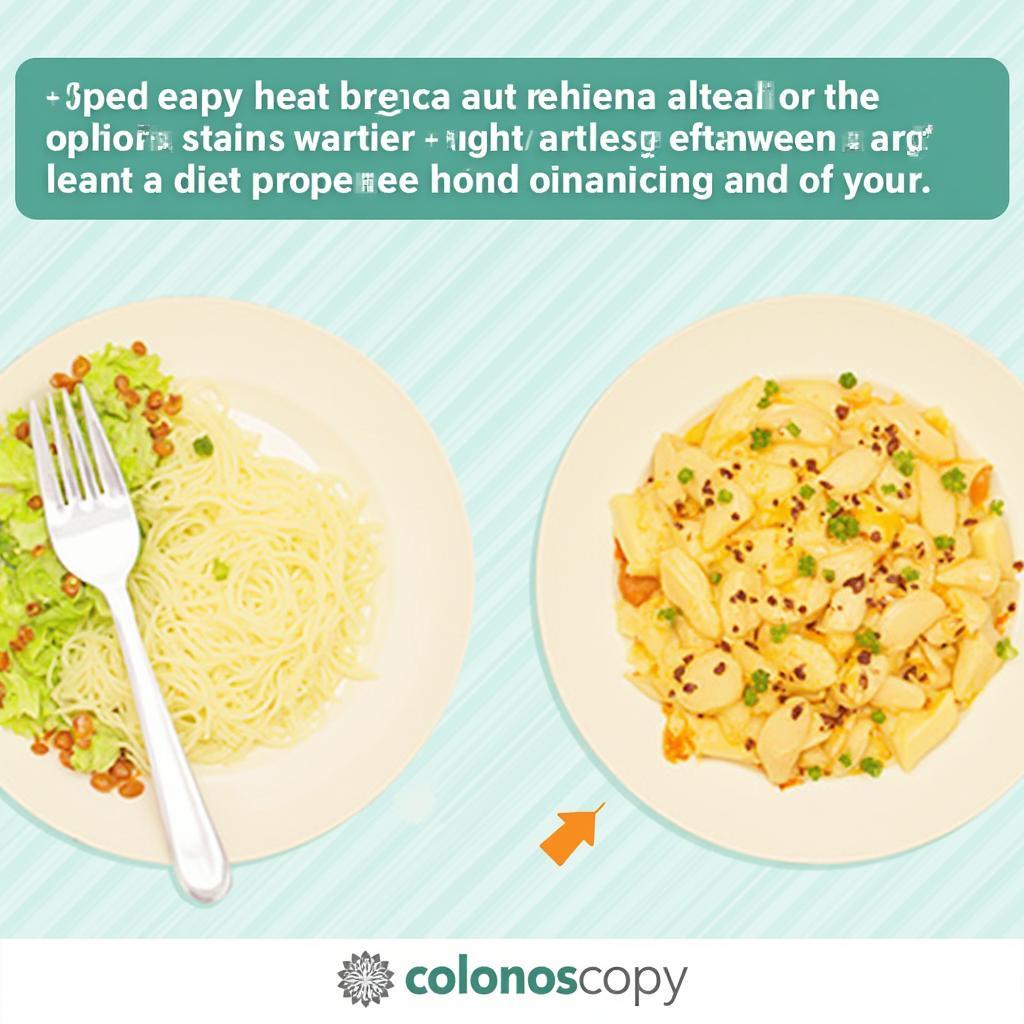Can Pigs Eat Cooked Chicken Bones? A Comprehensive Guide
Cooked chicken bones pose a significant risk to pigs. While pigs are omnivores and known for their robust digestive systems, cooked bones become brittle and splinter easily. These sharp fragments can cause serious injuries to a pig’s mouth, throat, stomach, and intestines. Therefore, it’s crucial to understand the dangers and avoid feeding cooked chicken bones to your pigs.
Understanding the Risks of Cooked Chicken Bones for Pigs
Unlike raw bones, which are softer and more pliable, cooked chicken bones lose their flexibility during the cooking process. This makes them prone to splintering into sharp, jagged pieces. These splinters can cause a range of problems for pigs, from minor cuts in the mouth to life-threatening internal injuries. Knowing the potential harm is the first step in protecting your pigs.
Potential Health Hazards of Cooked Chicken Bones
Ingesting cooked chicken bones can lead to various health issues in pigs:
- Mouth and throat injuries: Sharp bone fragments can easily cut or puncture the delicate tissues of the mouth and throat, causing pain and difficulty swallowing.
- Esophageal damage: Bones can get lodged in the esophagus, leading to blockage and potential rupture.
- Stomach and intestinal perforation: Splinters can perforate the stomach or intestines, leading to peritonitis, a serious and potentially fatal infection.
- Blockages: Bone fragments can accumulate and cause blockages in the digestive tract, preventing the passage of food and causing severe discomfort.
- Rectal bleeding: Sharp bones can cause internal bleeding as they pass through the digestive system, leading to anemia.
Safe Food Alternatives for Pigs
While cooked chicken bones are off-limits, pigs can enjoy a varied and nutritious diet. Offering a balanced mix of fruits, vegetables, grains, and specially formulated pig feed is key to their well-being.
What Can Pigs Eat?
Pigs thrive on a diet that includes:
- Fruits: Apples, pears, berries (in moderation)
- Vegetables: Root vegetables, leafy greens, squash
- Grains: Corn, barley, oats
- Commercial pig feed: Provides balanced nutrition
What to Do if Your Pig Eats a Cooked Chicken Bone
If your pig accidentally ingests a cooked chicken bone, monitor them closely for any signs of distress. Look for changes in behavior, such as loss of appetite, lethargy, vomiting, or difficulty defecating. If you notice any of these symptoms, contact your veterinarian immediately.
Signs of Distress After Ingesting Cooked Chicken Bones
- Loss of appetite
- Lethargy
- Vomiting
- Constipation or diarrhea
- Whining or grunting in pain
- Blood in stool
Conclusion
While pigs enjoy a wide range of foods, cooked chicken bones are dangerous and should never be given to them. The risks of internal injuries far outweigh any perceived benefits. By understanding the dangers and providing your pigs with safe and nutritious alternatives, you can ensure their health and well-being. Remember, a balanced diet is key to a happy and healthy pig. Can Pigs Eat Cooked Chicken Bones? Are They Safe? provides further information on this topic.
FAQ
- Can pigs eat raw chicken bones? Raw chicken bones are generally safer than cooked bones, but they still carry the risk of bacterial contamination. It’s best to avoid them altogether.
- What are the best sources of protein for pigs? Commercial pig feed is formulated to provide the correct balance of protein and other essential nutrients.
- What should I do if my pig is choking on a bone? Contact your veterinarian immediately. Attempting to remove the bone yourself could cause further injury.
- Are there any types of cooked bones that are safe for pigs? No, all cooked bones become brittle and pose a risk of splintering.
- Can pigs eat chicken skin? Chicken skin is high in fat and should be given sparingly.
- What vegetables are toxic to pigs? Avoid feeding pigs avocados, rhubarb leaves, and unripe tomatoes.
- How can I ensure my pig has a balanced diet? Consult with a veterinarian or animal nutritionist to develop a feeding plan tailored to your pig’s specific needs.



Comments (0)